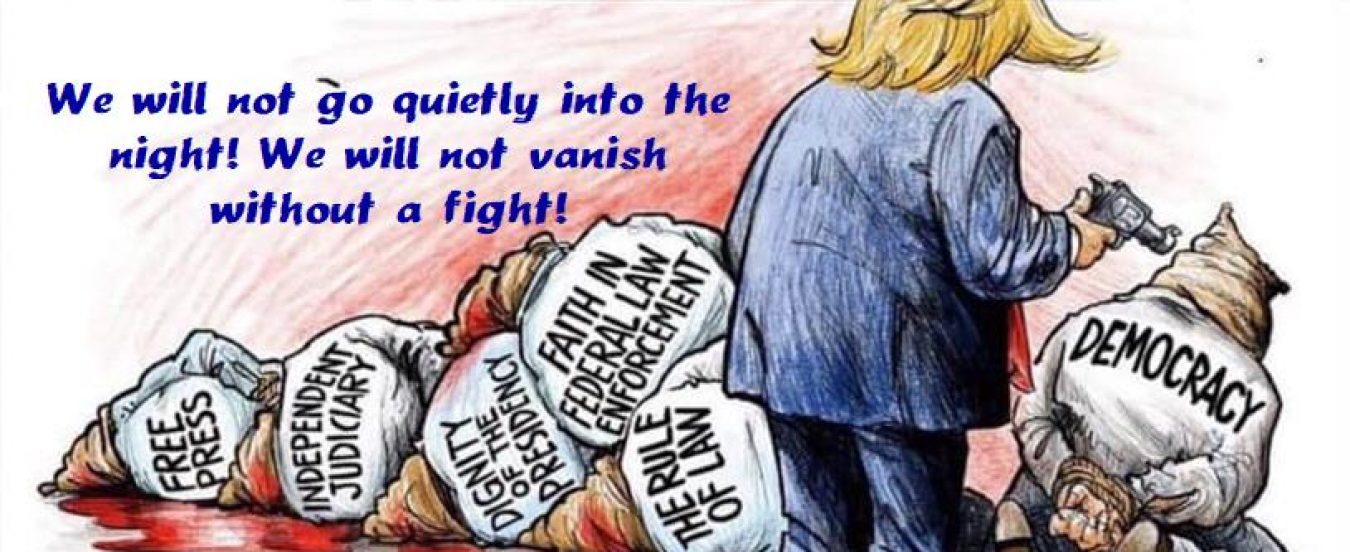Before Donald Trump and Moscow Mitch McConnell tried to turn coronavirus relief efforts into an unregulated corporate slush fund; before Oklahoma’s Senator-for-Life James Inhofe miraculously sold stock for a $450,000 profit right after a committee briefing on the economic dangers COVID-19 posed; even before President Trump stopped calling the virus a hoax and a political stunt, Oklahoma voters were wise to the we-don’t-care health care deficiencies of the Republican party.
That’s why 313,677 Oklahomans in 2019 signed initiative petitions to get Medicaid expansion before state voters. That is roughly 150,000 more signatures than required.
State Question 802 would expand Medicaid coverage to about 200,000 Oklahomans. At a recent meeting in Lawton, Yes on 802 Campaign Manager Amber England explained that Medicaid expansion is designed to assist the working poor, those working low-paying jobs (sometimes two) that provide no health insurance. Most of the destitute are already eligible for Medicaid.
England offered double-barreled support to Oklahoma’s health crisis. Obviously, there is the moral imperative to see our neighbors as healthy as possible, to truly become our brothers and sisters keepers.
But, she said, there are also hard-headed fiscal reasons for passing 802 when it appears on the ballot. Oklahomans are currently paying for Medicaid expansion in 36 other states – and getting nothing in return.
This means the state loses about a billion dollars a year in economic stimulus from the infusion of federal money. That is money that might have kept hospitals open in Pauls Valley, Frederick and six other Oklahoma communities.
We’re cheating ourselves out of economic development funds while funding development in 36 other states. There’s no need to remain a Top Ten State in Stupidity.
“The sky hasn’t fallen elsewhere,” England said, referring to the states with Medicaid expansion, noting that two recent expansions in Idaho and Utah represent states every bit as conservative as Oklahoma.
State initiative requirements mean that the governor must put the issue on the ballot in the November general election – if he doesn’t call a special election before then.
Gov. Kevin Stitt has been silent about his intentions, but he has scrambled to find an alternative to the will of the people, England said.
While his plan might sound similar, she said, it includes provisions giving the governor and the health care agency authority to impose restrictions on eligibility. Furthermore, as legislation, it could be scrapped at any time. Eliminated.
There’s another provision in the governor’s plan that certainly belies any claims of Republican business expertise, England explained. The block grant funding formula promulgated by the president and endorsed by Stitt would reduce the state’s return on its investment.
Under Medicaid expansion, a state contributes $1 for every $9 contributed by the federal government. But, she said, the Commonwealth Foundation, a conservative think tank, estimates that the block grant system would result in 18 percent less for a state.
I guess that would be a good plan if the goal were less health care for the working poor and poor fiscal management. Now that does have a Republican ring to it.
(Gary Edmondson is chair of the Stephens County Democratic Party: scdpok.us or facebook.com/SCDPOK/.)
